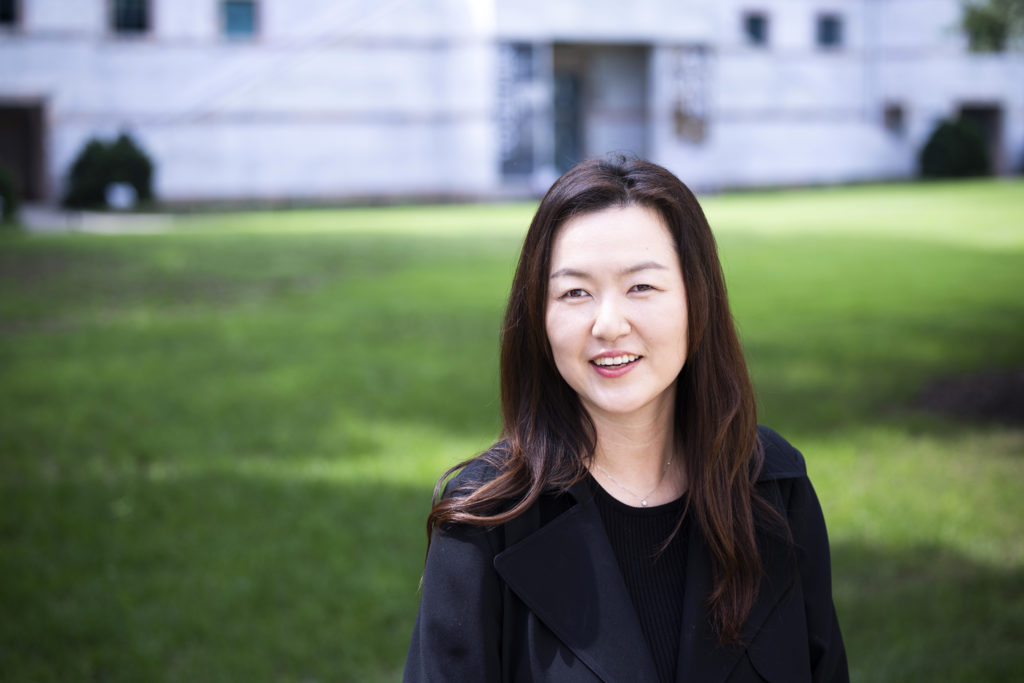
Jinsook Kim is currently an Assistant Professor in the Department of Film and Media at Emory University. She earned her Ph.D. in media studies from the Department of Radio-Television-Film at the University of Texas at Austin. Prior to joining Emory, She held a postdoctoral position with the Center for Advanced Research in Global Communication at the Annenberg School for Communication at the University of Pennsylvania.
Her research interests include digital media, online hate culture, and social and political activism in the context of global and neoliberal South Korea. Her work on transnational digital media culture has been published in interdisciplinary peer-reviewed journals, including Feminist Media Studies, Journal of Cinema and Media Studies, Television & New Media, Media, Culture & Society, and Signs: Journal of Women in Culture and Society. She has also authored chapters in the edited collections Mediating Misogyny: Gender, Technology, and Harassment, Re-Thinking Mediations of Post-Truth Politics and Trust, and Mediating Gender in Post-Authoritarian South Korea. In 2024, she received the Helen Award for Emerging Feminist Scholarship from the International Communication Association.
She is currently working on her first book project, titled Sticky Activism: Online Misogyny and Feminist Activism in South Korea, is based on her doctoral dissertation, which the Society for Cinema and Media Studies recognized with an Honorable Mention Dissertation Award (2021). This book approaches digital media as a key battlefield in the intense cultural and political confrontations between feminists and misogynists over the past decade. Through textual, discursive, and institutional analyses of social media platforms, including Facebook and Twitter, as well as interviews with feminist activists, this book examines how new modes of feminist activism have contested the widespread misogyny in Korea, thereby increasing public interest in gender issues and extending the reach of feminism. With a theoretical basis in feminist, global, and digital media studies, this book develops the concept of “sticky activism” by considering affect, media affordances, activists’ labor, and social and cultural transformation. This project has been supported by the American Council of Learned Societies, the National Endowment for the Humanities, the Institute for Citizens & Scholars, and the Social Science Research Council, among others.
She is regularly interviewed as an expert on digital media, gender relations, and feminist activism in South Korea and has been featured in NPR, AFP, and Los Angeles Times among other media outlets.

